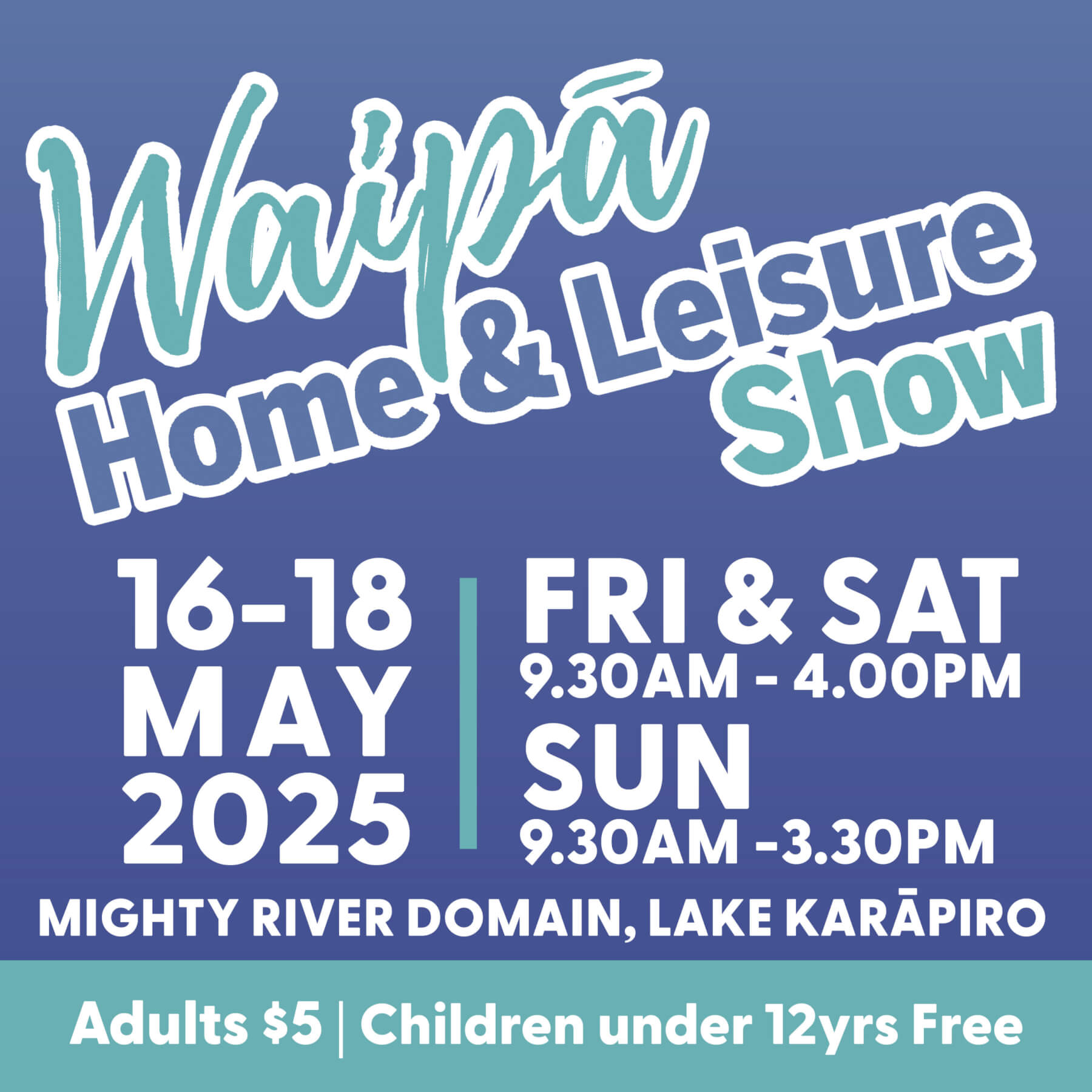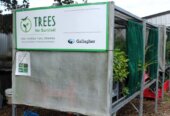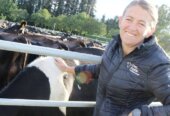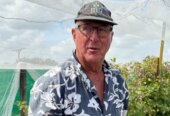
Near empty Cambridge bus services have transport planners looking at ways of improving services.
A new style bus service is under investigation for Cambridge suburbs like St Kilda and Norfolk Downs where residents are more than two kilometres away from an existing bus stop.
Waikato Regional Council recently launched Flex in Hamilton. It is an on-demand ride-share night service to and from the central city using a 12-seater which operates for $2 on Fridays and Saturdays between 6pm and 4am anywhere in the city.
During the day, the bus goes to and from Hamilton Airport and Hamilton Transport Centre.
Waipā transport manager Bryan Hudson told the Cambridge Community Board last week the on-demand service in Cambridge was unlikely in the next five years unless the government made further announcements around emission reductions.
“It does need to be done well because it is a big financial commitment to even start a trial.”
The council is also keeping a close watch on Timaru where there is a daily on-demand public transport service trial underway.
Passengers there order a vehicle directly from a smartphone app or through the contact centre.
Smart scheduling technology allocates a vehicle, identifies a nearby ‘virtual bus stop’ or an existing bus stop within a short walking distance for pick up and drop off, allowing for quick and efficient shared trips without inconvenient fixed routes and schedules.

Sue Milner
Chair Sue Milner said it would be great for Cambridge to provide a safe and sustainable transport strategy, but a lot of residents are “wedded to cars.”
“We have a great chunk of Cambridge not covered by buses. You’re often walking and travelling two kilometres to get to a bus stop.”
The on-demand service was one of many contained in the Waipā Integrated Transport Strategy tabled at the meeting.
The strategy also includes discussion around a Cambridge third bridge business case.
Public consultation on the strategy began this week and runs for a month.
Strategy planner Rachel Algar said the council was looking for feedback to the strategy’s overarching policy: “People and freight in Waipā have access to an integrated, safe, sustainable transport system that provides a range of travel choices.”

Mike Montgomerie
Mike Montgomerie, who represents the rural population on the board, said his typical trip to Cambridge was with a trailer so he could pick up supplies in town.
When in town, he would also undertake other activities such as a visit to the lawyer, a bank or even grab a coffee.
“It’s become noticeably harder for me to park truck and trailer in town. When you’re operating like that, you don’t have the options of walking and riding. Geez, it’s getting hard to do anything in Cambridge.”
He will often park in Leamington and walk into town over Victoria Bridge.
The board will use a workshop session to prepare its submission to the council by March 8.








